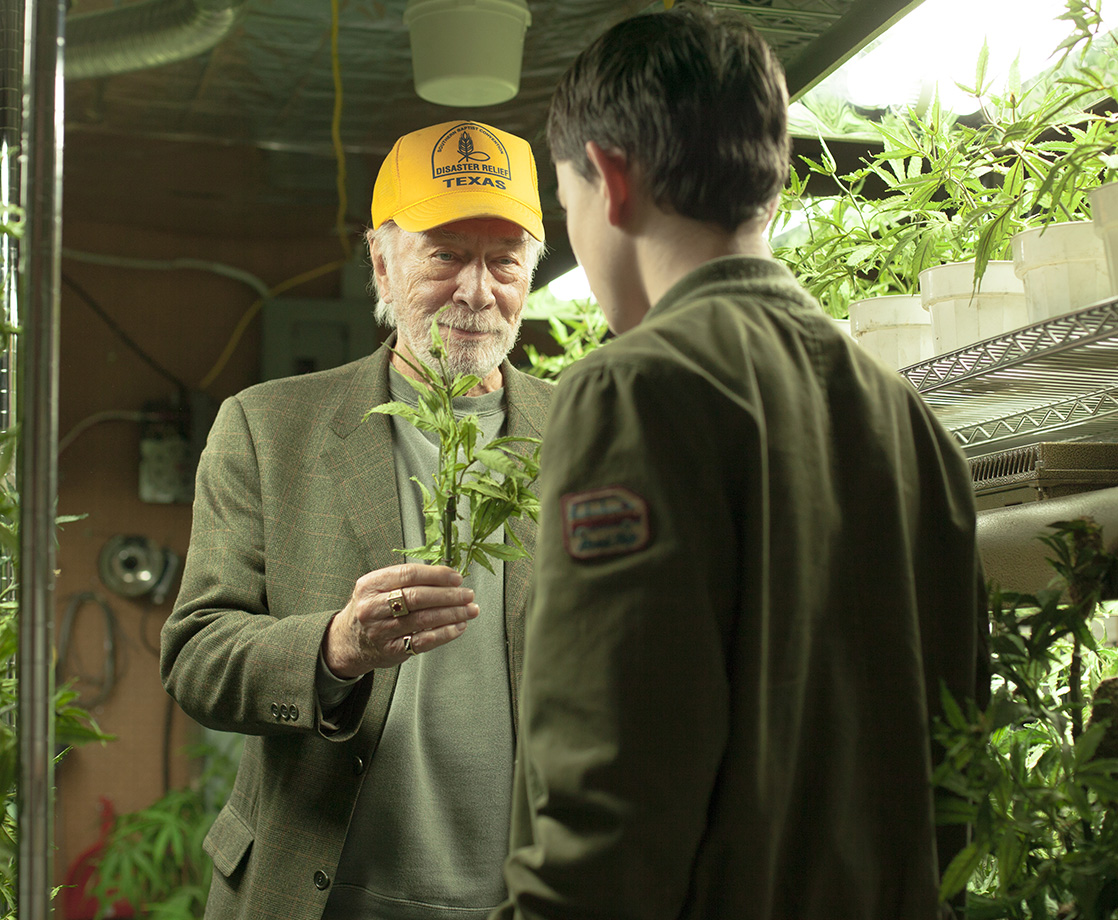Texas is known for being staunchly conservative, but 2017 is shaping up to be a major year for cannabis reform in the Lone Star State. There are multiple bills circulating through the state legislative sessions, including House Bill 81, a measure that would decriminalize the possession of up to an ounce of marijuana. There’s also a push to expand the Texas Compassionate Use Program, an extremely limited medical marijuana system that currently only allows low-THC cannabis use for intractable epilepsy treatment.
At first glance, highly-conservative Texas doesn’t seem like the proper breeding ground for cannabis advocacy, but organizations like NORML Texas and the Marijuana Policy Project (MPP) are paving the way to a greener future. With the state government in the midst of the 85th Texas Legislative session, which adjourns on May 29, cannabis advocates are using this small window of opportunity to push for as much change as possible.
According to Heather Fazio, the Texas Political Director at MPP, advocates are primarily focused on House Bill 81, taking an incremental approach that will lead to more expansive legalization in the future.
“First and foremost, our main priority is reducing penalties for low-level possession,” Fazio says. “We want to see a civil penalty instituted for possession under one ounce. What that means for Texas is reforming the current penalty, which is up to six months in jail, $2,000 in fines, and worst of all, the lifelong conviction that comes for even the tiniest amount of marijuana. When you have a conviction for a drug charge in Texas, your license is automatically suspended, you lose access to education, employment, and housing.”
In order to spread this budding cannabis movement, the MPP and NORML have worked together to host advocacy training sessions across the state. Their “advocacy tour” has spanned nine cities in just five weekends, providing over 300 Texans with the tools needed to effectively fight for cannabis reform.
“What we want to do is give them the messaging tools that they need,” Fazio says. “When they schedule a meeting with a lawmaker or call in favor of a bill, how do they call, how do they look up their legislator and find out their phone number so they can call in support of House Bill 81? What should they say when they call? A lot of it is civics training, and it is pretty basic stuff, but a vast majority of us do not know how all of this really works.”
These advocacy training sessions have a straightforward, yet tremendously informative curriculum. Participants are given handouts detailing the current state of cannabis reform in Texas, the bills that are currently on the legislative table, and how to effectively talk to their representatives. The documents are packed with powerful talking points on the House Bill 81 and the expansion of the medical program, as well as an advocate worksheet to help retain information and prepare for future legislative meetings.
“Basically what we have going on here in Texas is a major educational push to get as many people involved as possible,” says Clif Deuvall, the Executive Director of NORML Waco. “A lot of people aren’t reluctant, but they need to learn how to talk to their representative. They don’t know what to say, don’t know how to dress, don’t know how to formulate a good testimony. So, we work with those individuals on how to do that.”
The cannabis movement in Texas has gained support from all sides of the political spectrum. Progressive organizations like the ACLU and NORML Texas have found themselves on the same team as the Republican Liberty Caucus and Republicans Against Marijuana Prohibition. This collaborative effort reflects the growing acceptance of cannabis throughout the state, both by the government and its constituents.
“We’ve seen up to 70 percent in favor of decriminalization, almost 80 percent in favor of medical marijuana for patients with debilitation conditions,” says Fazio. “All of this says that the citizens of Texas want to see this changed. We don’t have to convince our neighbors, friends, and families. They already know this is good policy. So, what we’re trying to do is empower them and give them the tools that they need to communicate with lawmakers who are not in favor of this kind of reform.”
Even those who are indifferent or opposed to cannabis reform can be educated on the ways that prohibition negatively impacts their lives. One primary talking point that Deuvall raises is how people’s tax dollars are being used. The state of Texas spends around $748 million in taxpayer money a year on cannabis prohibition, he says, something that any true conservative should staunchly stand against.
“The biggest problem we have is that we disassociate, we don’t think we’re involved,” says Deuvall. “Yes, you are. You’re neck-deep. It’s everybody. It’s your neighborhood, your community, it’s your city, it’s your state, it’s your country. Everyone is involved in this problem whether they want to accept that or not.”
While some advocates have an understandable itch for full-scale legalization, the pro-cannabis organizations in Texas know to take any progressive step they can. What these advocacy training sessions offer are valuable lessons that can be utilized during this year’s legislative cycle and beyond. With the Texas cannabis movement in full swing, decriminalization and a more expansive medical system are right on the horizon.
“People say it’s all-or-nothing, but I would refer them back to the 1970s in Texas, where any amount of cannabis was a felony,” Deuvall says. “If it would have been all-or-nothing at that time, we’d see even more people getting arrested. Naturally, marijuana reform has to be incremental, because legislators aren’t going to roll over, they’re going to fight it a lot.”
As these advocacy training sessions have shown, the best way to shed the stigmatization of cannabis is by reaching out to your local representatives. By empowering the Texas cannabis community to get involved on the bureaucratic level, these local organizations are leading the way towards legalization in the Lone Star State.











